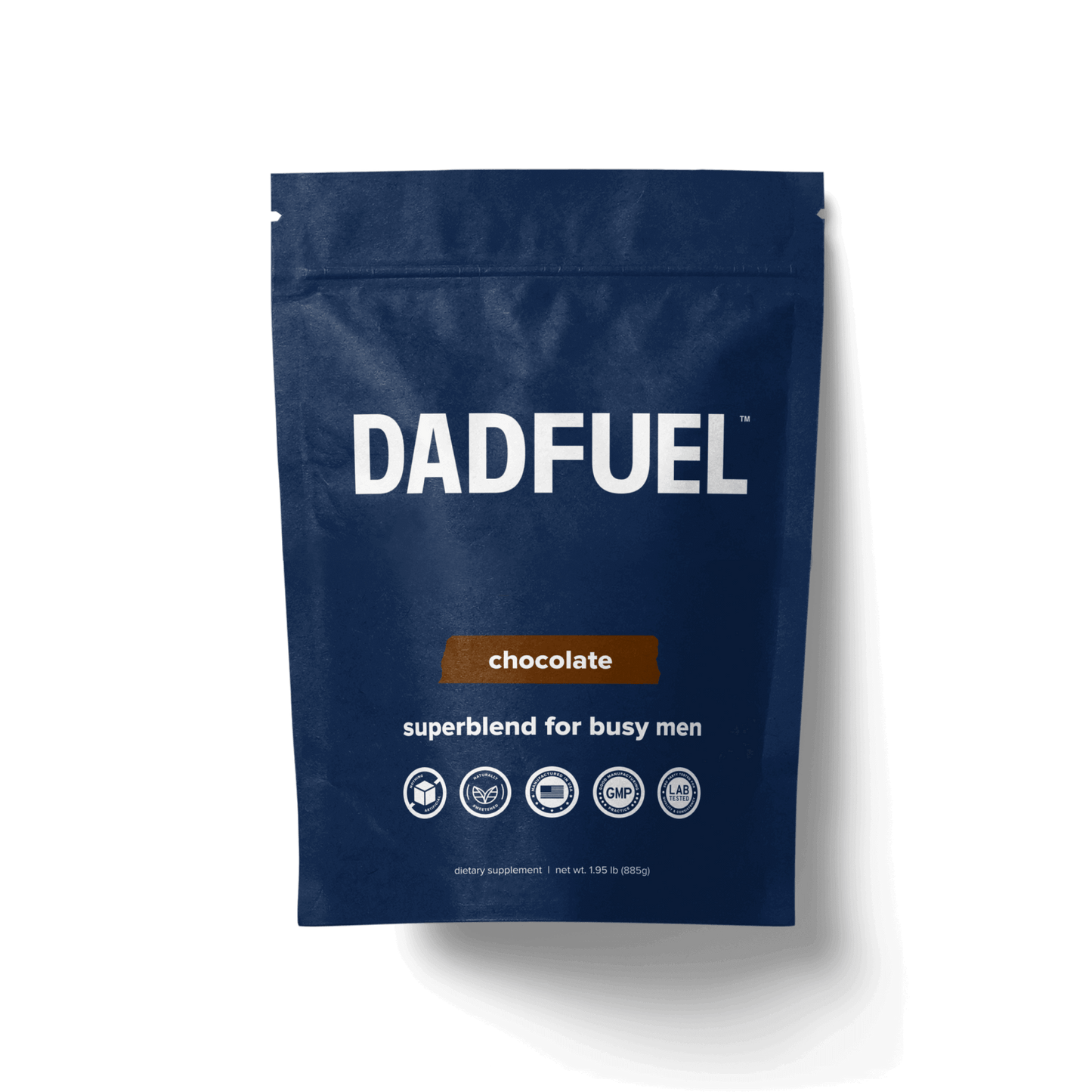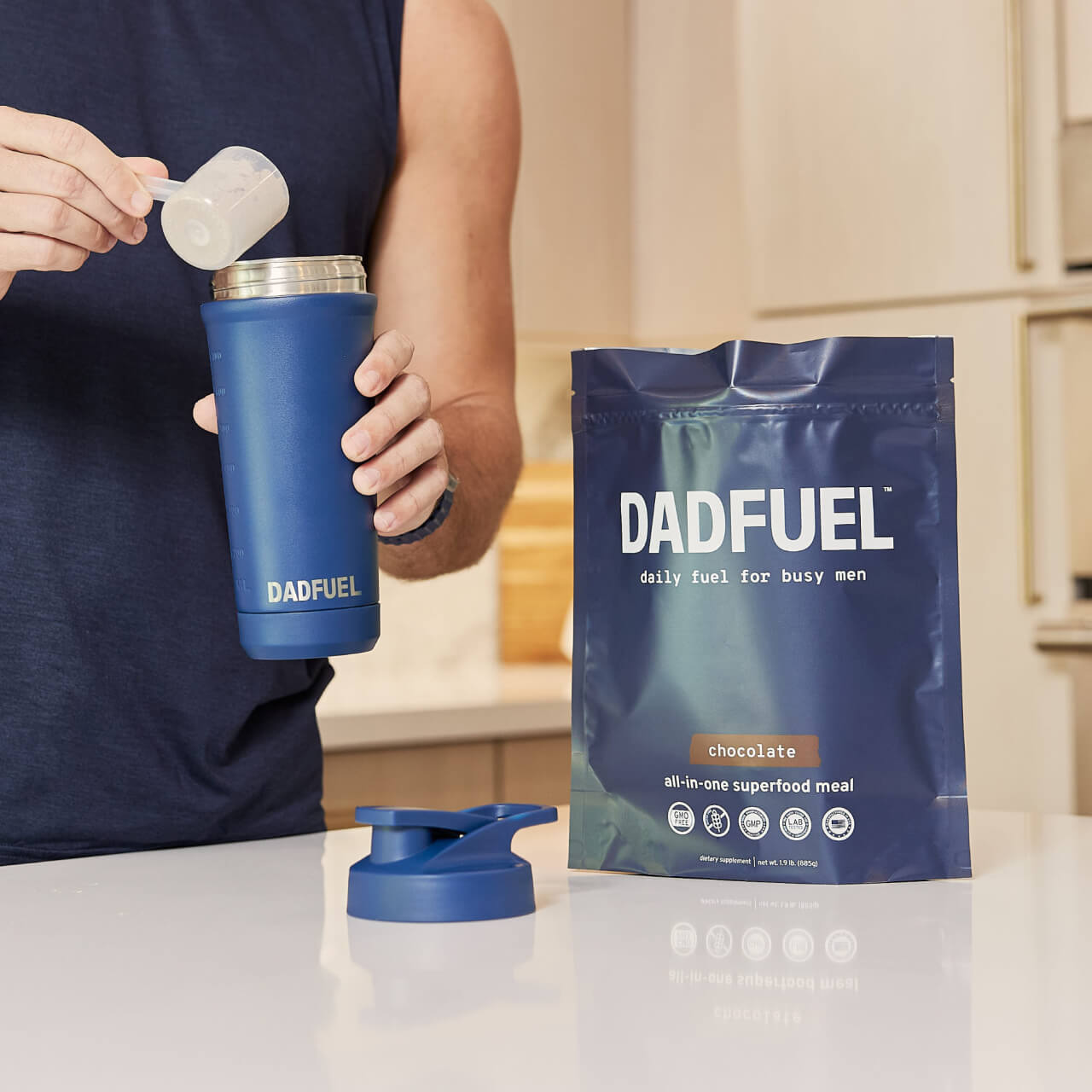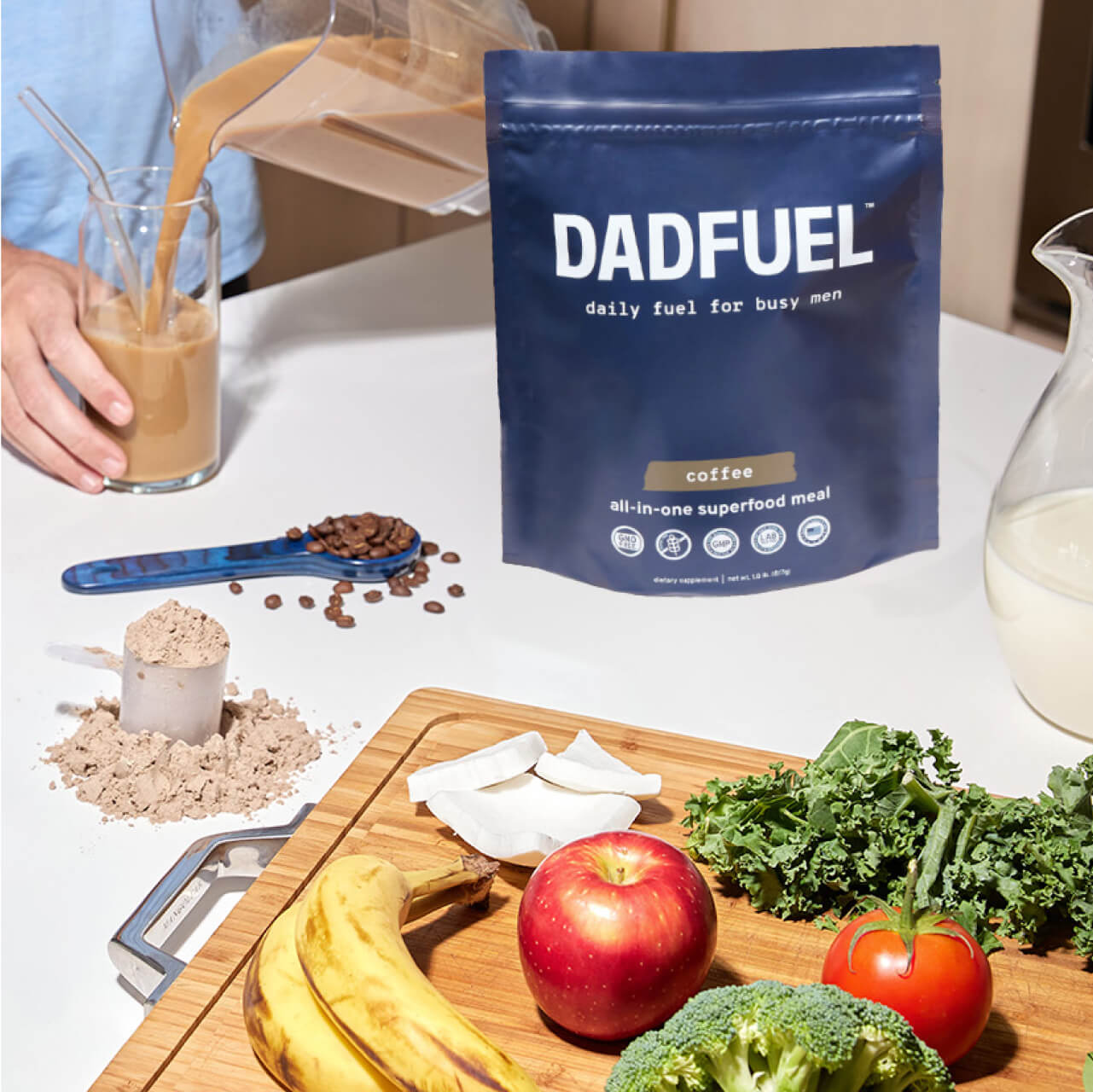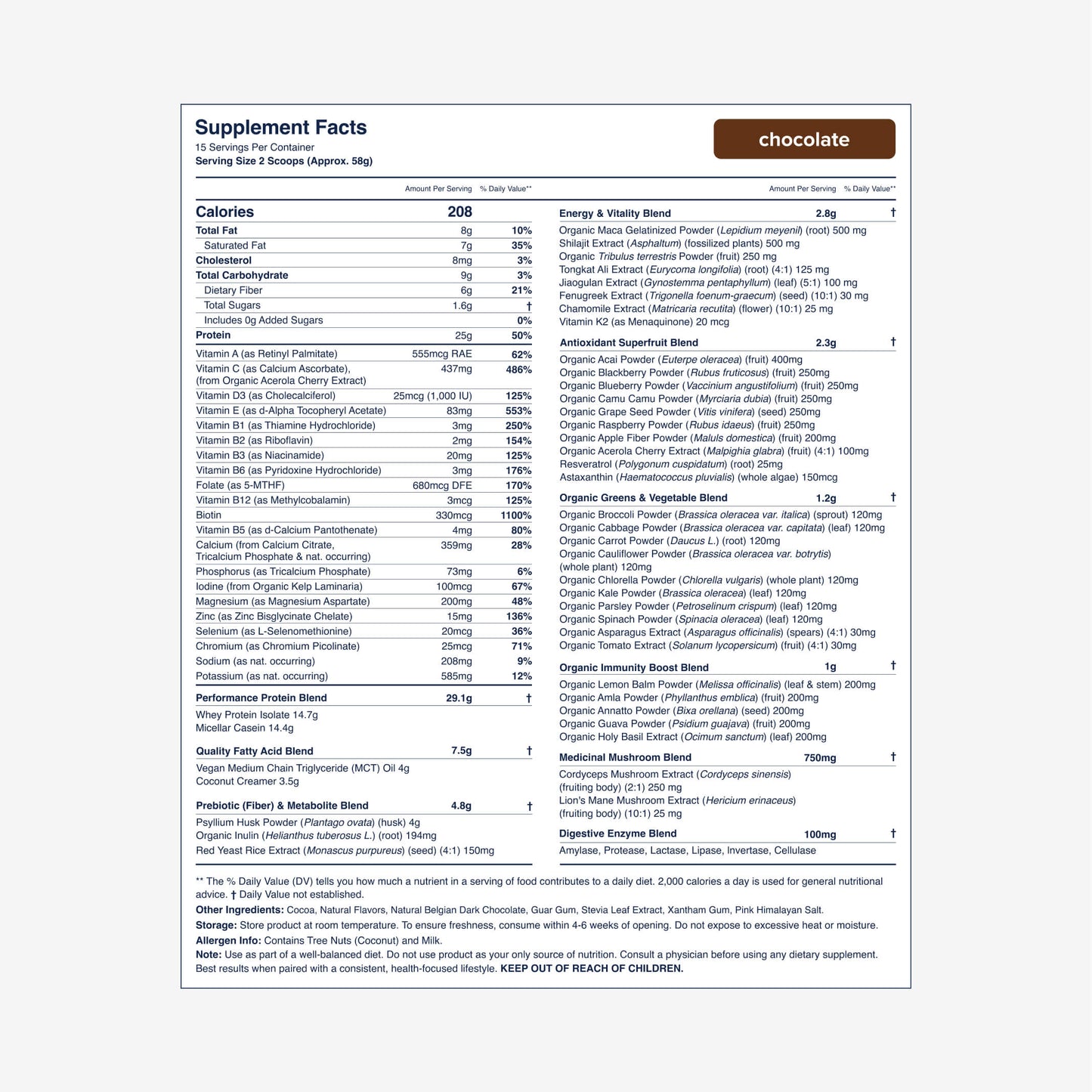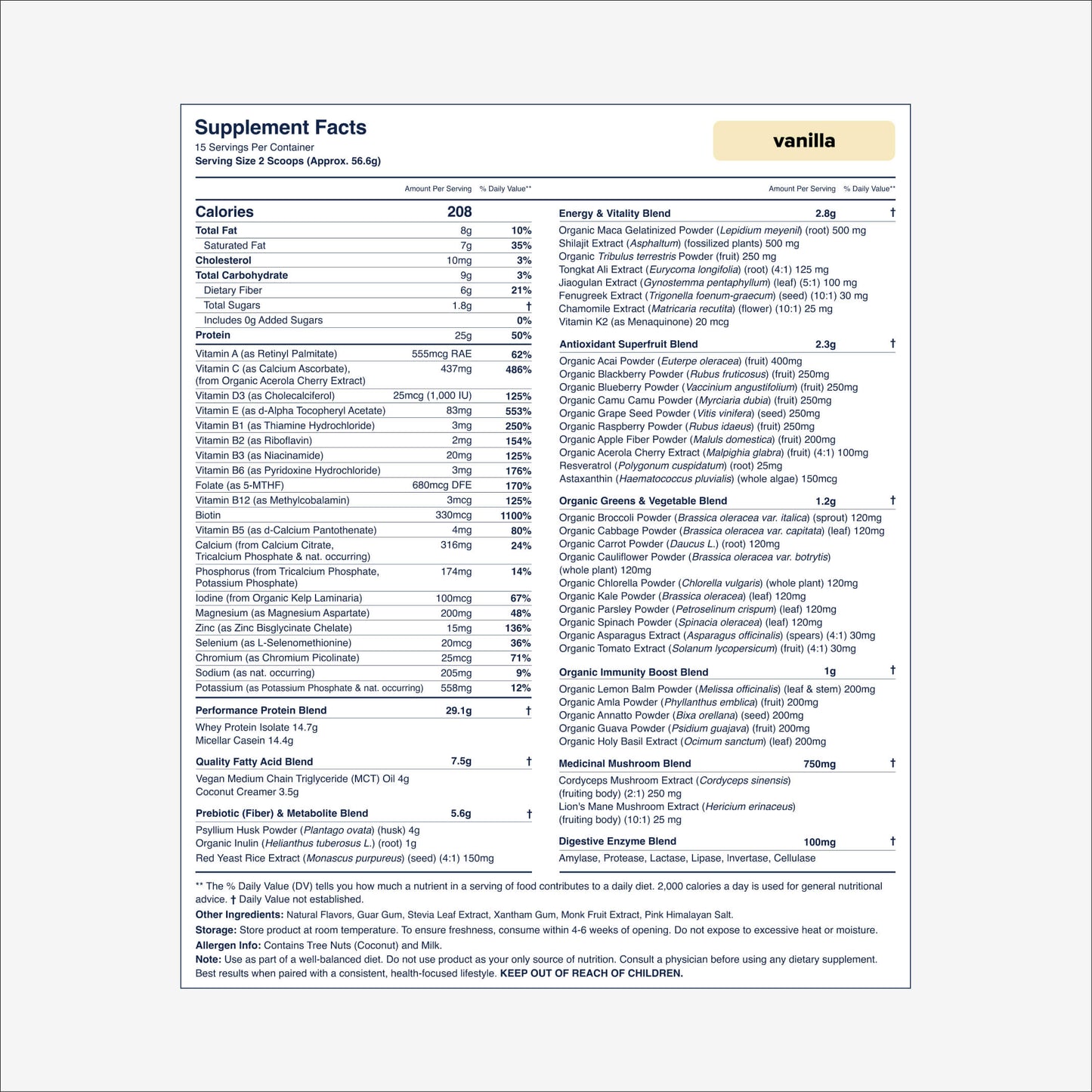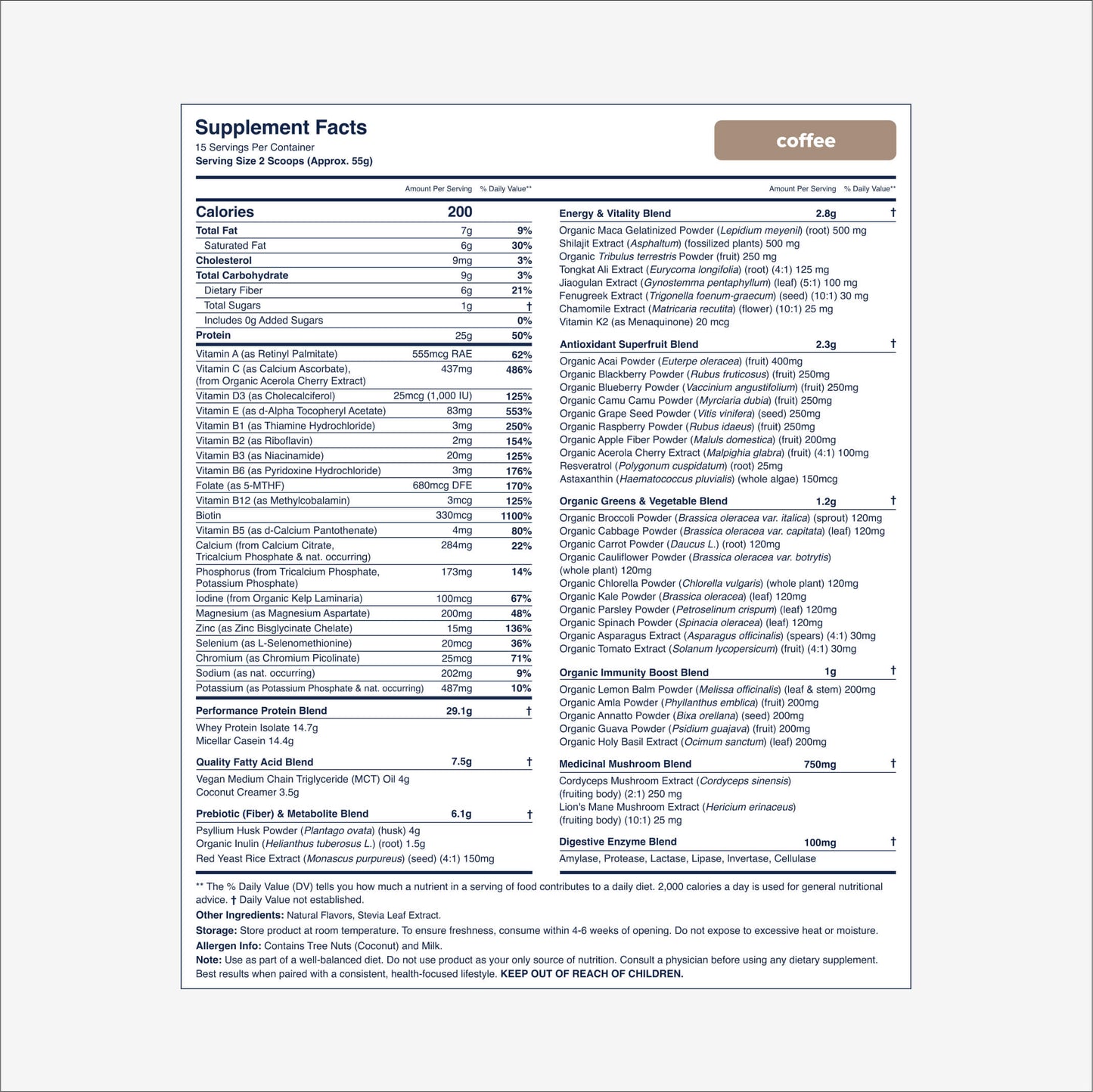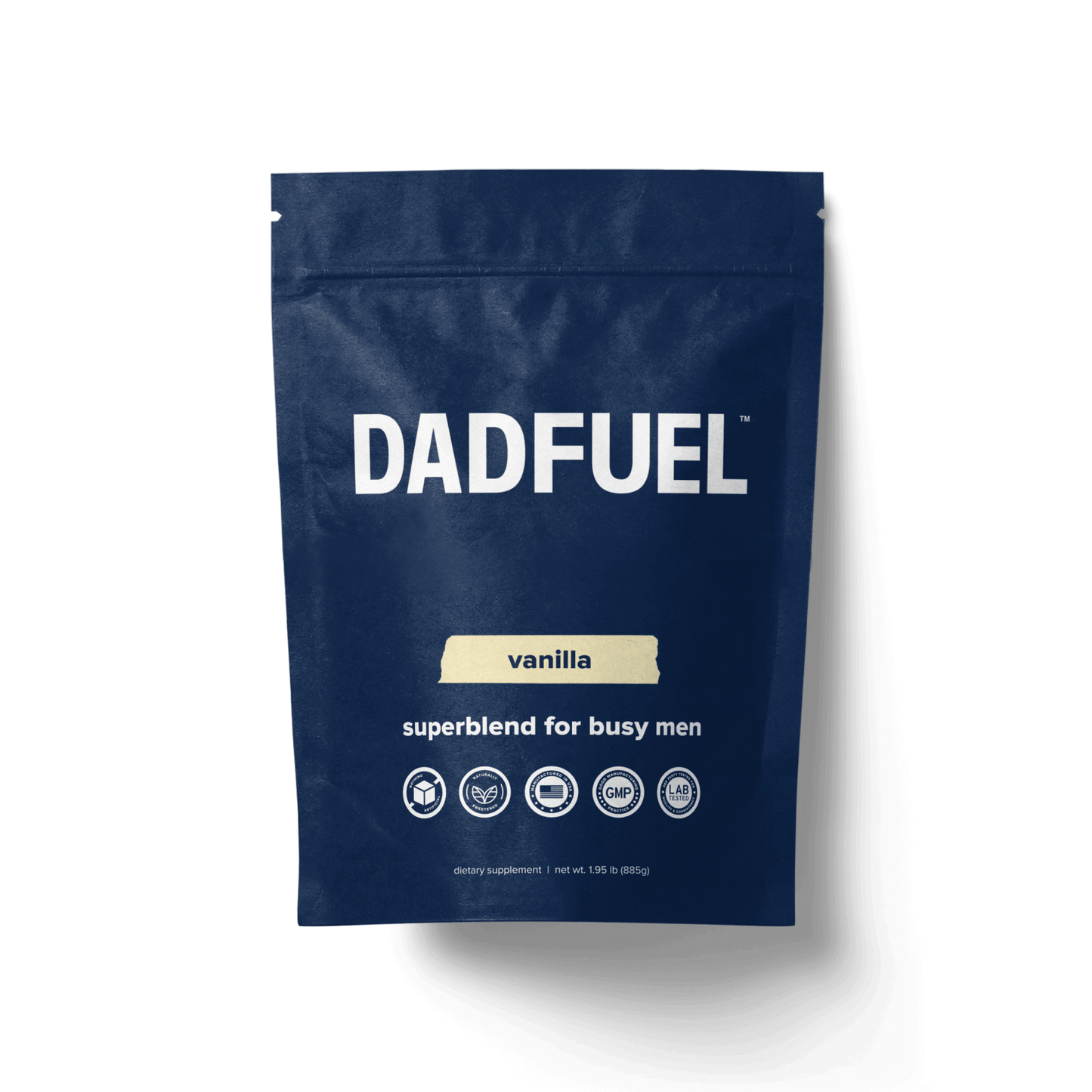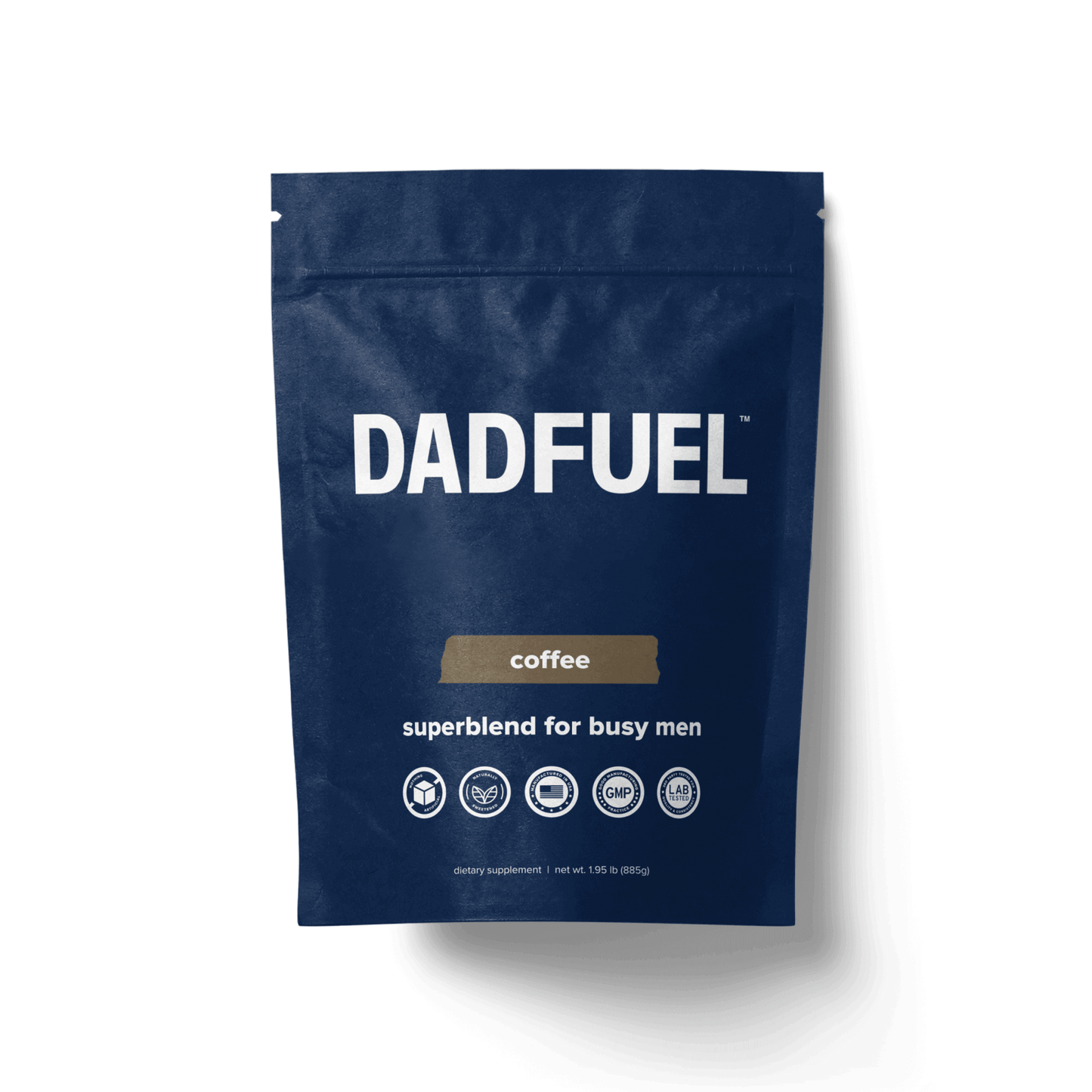For dads constantly on the move, from the crack of dawn workouts to the endless energy required for fatherhood, incorporating BCAAs into your routine is akin to giving your muscles a direct line to the resources they need for quick repair and resilience.
Why are BCAAs so vital, you ask? They directly influence protein synthesis, which repairs muscle fibers and builds new ones post-exercise. This means a quicker turnaround from soreness and an impressive muscle-building boost over time.
Leucine: The Muscle-Building Champion
Leucine is the most critical BCAA for muscle protein synthesis. Think of it as the foreman on the construction site of your muscle repair process, ensuring everything runs smoothly and efficiently. Incorporating a supplement with a higher ratio of leucine can significantly accelerate the recovery phase, ensuring you're ready to tackle the joys and challenges of dad life without missing a beat.
Isoleucine: The Glucose Guardian
Isoleucine plays a pivotal role in energy regulation and assists in glucose uptake into cells. During and post-exercise, isoleucine helps with energy expenditure and ensures your muscles have the fuel for effective recovery and growth. This equates to sustained energy levels, keeping you on your feet longer and with more vigor.
Valine: The Stamina Supporter
Valine, though less directly involved in muscle repair, is crucial for endurance and overall muscle metabolism. It serves as additional support, helping to maintain the operations that keep you going. Integrating valine-packed BCAAs into your diet can mean the difference between hitting a mid-afternoon slump and pushing through with sustained energy and focus.
How Glutamine Supplements Enhance Muscle Recovery
Glutamine is a conditionally essential amino acid, meaning your body produces it normally. However, during stress, such as intense exercise, your glutamine levels can be depleted. This is where glutamine supplements can come in handy.
Fuel For Muscle Growth
Glutamine plays a vital role in protein synthesis, the process by which your body builds and repairs muscle tissue. You can support muscle growth and recovery by providing your muscles with a steady supply of glutamine.
Reducing Muscle Breakdown
When your muscles are under stress, they can break down. Glutamine helps prevent this breakdown, preserving muscle mass and promoting faster recovery.
Improving Immune Function
Glutamine is also essential for a healthy immune system. By supporting your immune function, glutamine can help your body fight off infections and recover more quickly from injuries.
Enhancing Gut Health
Glutamine is crucial in maintaining a healthy gut lining, which is essential for proper nutrient absorption and overall well-being.
When To Consider Glutamine Supplements
While your body naturally produces glutamine, you may benefit from supplementation if you:
- Train intensely: High-intensity workouts can deplete your glutamine levels.
- Experience frequent injuries: Glutamine can support your body's recovery from injuries.
- If you have a weakened immune system, glutamine can help strengthen your immune response.
Dosage And Considerations
The optimal dosage of glutamine can vary depending on individual needs and goals. It's generally recommended to consult with a healthcare professional or registered dietitian to determine the appropriate dosage for you. Additionally, it's important to note that glutamine supplements should be used with a balanced diet, adequate rest, and a regular exercise routine.
Creatine Monohydrate: A Powerful Aid For Muscle Recovery
Creatine monohydrate is a popular dietary supplement among athletes and fitness enthusiasts. It's a naturally occurring compound found in your body and is primarily stored in your muscles. Creatine plays a crucial role in energy production, particularly during high-intensity activities.
How Creatine Enhances Muscle Recovery
- Increased Muscle Strength and Power: Creatine helps increase your body's phosphocreatine stores, a key energy compound used during intense workouts. This can lead to increased muscle strength, power, and performance.
Improved Muscle Mass: By supporting muscle growth and development, creatine can help build lean muscle mass. - Enhanced Recovery: Creatine can help reduce muscle soreness and fatigue, allowing you to recover between workouts quickly.
- Increased Muscle Cell Hydration: Creatine can help increase muscle cell hydration, improve muscle function, and reduce the risk of injuries.
When To Consider Creatine Supplements
Creatine is generally safe for most people. However, it may not be suitable for everyone. If you have a kidney condition or other underlying health issues, it's important to consult with a healthcare professional before starting creatine supplementation.
Creatine may be particularly beneficial for:
- Athletes: Creatine supplementation can benefit athletes who engage in high-intensity activities such as weightlifting, sprinting, or powerlifting.
- Individuals seeking to build muscle mass: Creatine can help support muscle growth and development.
- People looking to improve their athletic performance: Creatine can enhance strength, power, and endurance.
Dosage And Considerations
The recommended dosage of creatine monohydrate is typically 5 grams daily. It’s important to note that creatine supplementation should be combined with a balanced diet, regular exercise, and adequate rest for optimal results. Additionally, creatine may interact with certain medications, so it’s essential to consult with a healthcare professional before starting supplementation.
Omega-3 Fatty Acids: Reducing Muscle Inflammation And Soreness
Omega-3 fatty acids are essential nutrients that your body cannot produce alone. These healthy fats are found in various foods, including fatty fish, flaxseeds, chia seeds, and walnuts. Omega-3s have been shown to have numerous health benefits, including reducing inflammation and improving heart health.
How Omega-3s Help Reduce Muscle Inflammation
- Anti-inflammatory Properties: Omega-3 fatty acids possess potent anti-inflammatory properties that can help reduce muscle inflammation and soreness.
- Modulating Inflammation: Omega-3s can help balance the body's inflammatory response, preventing excessive inflammation that can lead to muscle damage and delayed recovery.
- Reducing Oxidative Stress: Omega-3s can help reduce oxidative stress associated with muscle damage and inflammation.
Benefits Of Omega-3s For Muscle Recovery
- Faster Recovery: By reducing inflammation, omega-3s can help speed up recovery after intense workouts.
- Reduced Muscle Soreness: Omega-3s can help alleviate muscle soreness and discomfort, allowing you to return to workouts sooner.
- Improved Performance: Reduced inflammation can lead to improved muscle function and performance.
- Overall Health Benefits: Omega-3s offer additional health benefits beyond muscle recovery, such as reducing the risk of heart disease, stroke, and dementia.
While omega-3 supplements can be beneficial, it's always best to consult a healthcare professional before starting new supplements.
Read also:
Sources:
- Cruzat, V., Macedo Rogero, M., Noel Keane, K., Curi, R., & Newsholme, P. (2018). Glutamine: Metabolism and Immune Function, Supplementation and Clinical Translation. Nutrients, 10(11), 1564. https://doi.org/10.3390/nu10111564
- Cooper, R., Naclerio, F., Allgrove, J., & Jimenez, A. (2012). Creatine supplementation with specific view to exercise/sports performance: an update. Journal of the International Society of Sports Nutrition, 9(1), 1–11. https://doi.org/10.1186/1550-2783-9-33
- Wu, S.-H., Chen, K.-L., Hsu, C., Chen, H.-C., Chen, J.-Y., Yu, S.-Y., & Shiu, Y.-J. (2022). Creatine supplementation for muscle growth: A scoping review of randomized clinical trials from 2012 to 2021. Nutrients, 14(6), 1255. https://www.ncbi.nlm.nih.gov/pmc/articles/PMC8949037/
- Mohebi-Nejad, A., & Bikdeli, B. (2014). Omega-3 supplements and cardiovascular diseases. Tanaffos, 13(1), 6–14. https://www.ncbi.nlm.nih.gov/pmc/articles/PMC4153275/




 60 Day Better Dad Guarantee
60 Day Better Dad Guarantee
 Fast, Secure Checkout
Fast, Secure Checkout
 Typically Arrives in 2-3 Days
Typically Arrives in 2-3 Days
